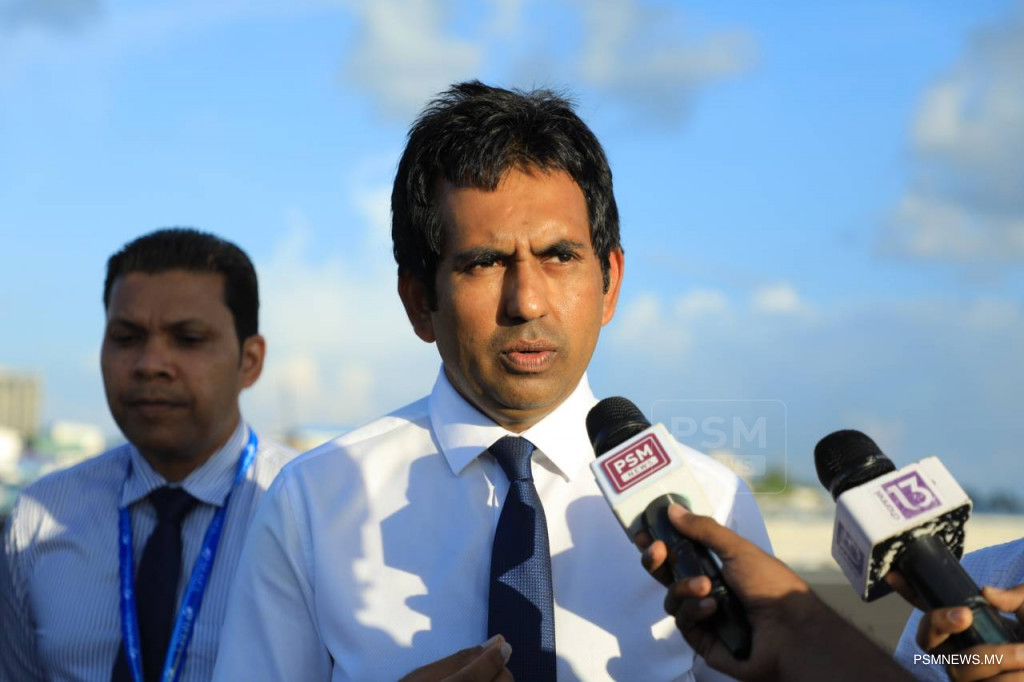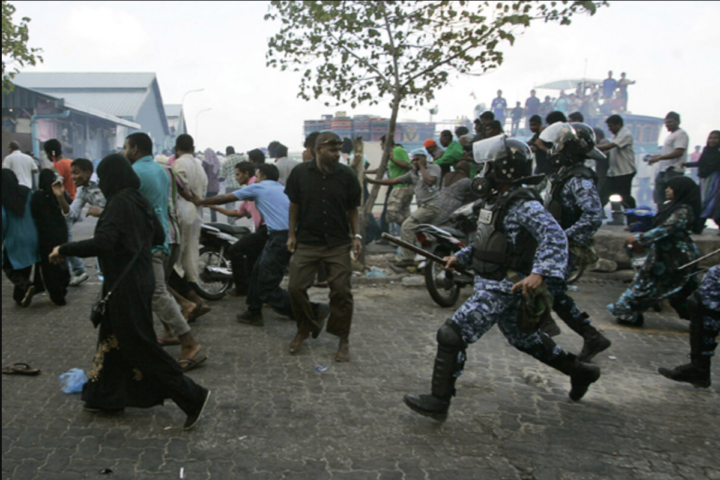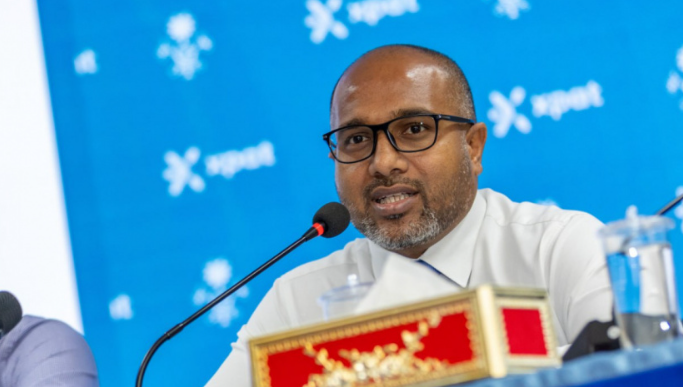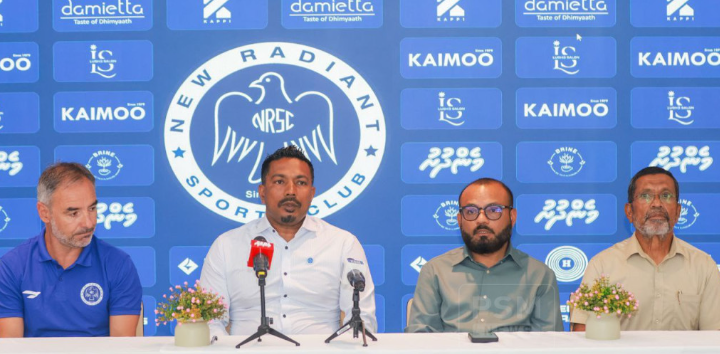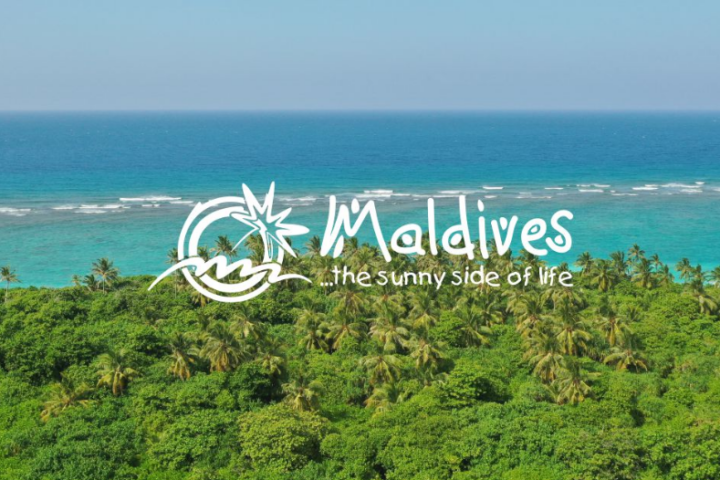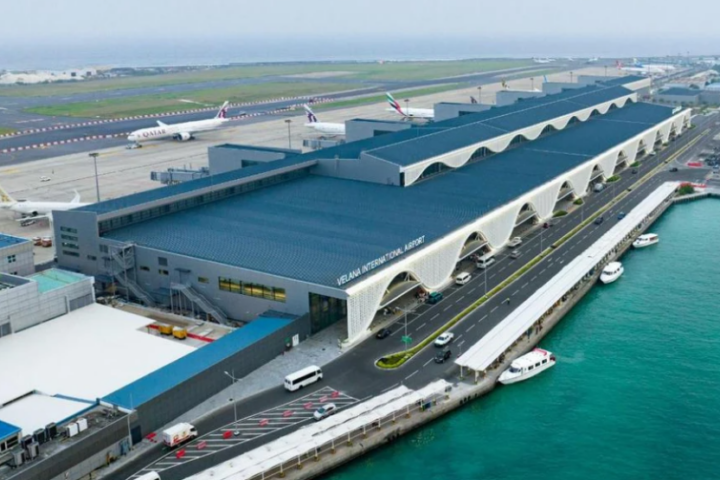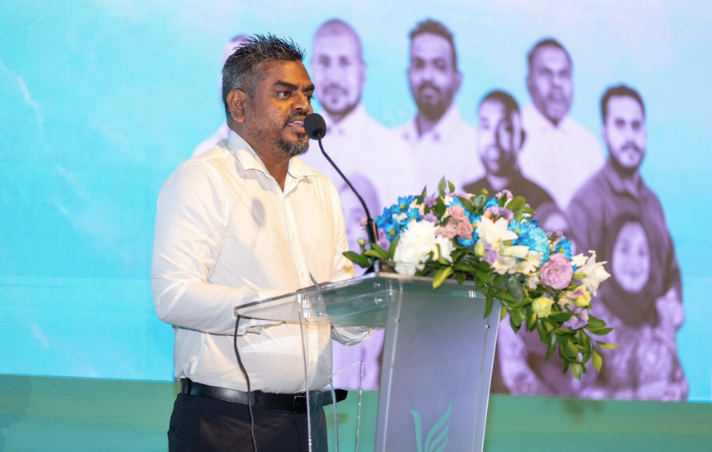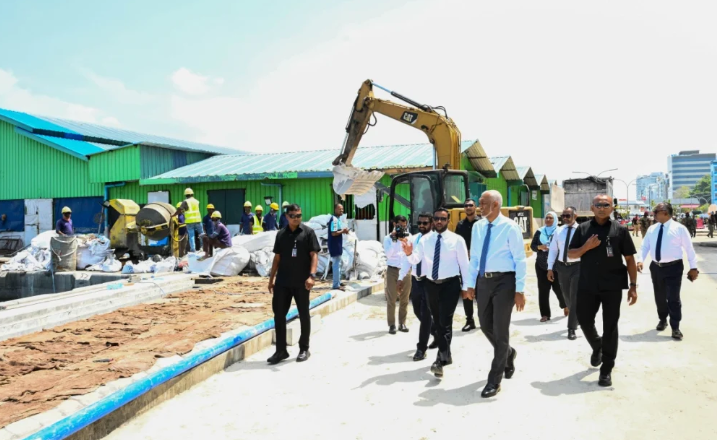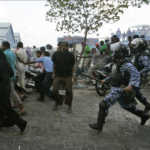Malé, Maldives — Foreign workers in the Maldives send approximately $500 million out of the country as remittances each year, according to Economic Minister Mohammed Saeed. In an appearance on state TV’s “Raajje Miadhu” program yesterday, Saeed highlighted the ongoing challenge of dollar outflows, underscoring the need for a multifaceted approach to retain foreign exchange.
Trade with major partners like India and China is also evolving, with Saeed revealing plans to initiate payments in Indian and Chinese currencies. “Work will start from India soon,” Saeed said, adding that this move is expected to ease pressure on the U.S. dollar and help stabilize the economy. This strategy is part of a broader effort by the government to diversify its economic ties and reduce dependency on dollar-denominated transactions.
From 2013 to 2018, the Maldives had implemented a two percent remittance tax on dollars sent abroad by foreign workers, aimed at bolstering the nation’s foreign currency reserves. However, this tax was later abolished under the Maldivian Democratic Party (MDP) administration. Saeed suggested reintroducing this tax to strengthen foreign exchange inflows, alongside reviving a credit guarantee scheme at the Maldives Monetary Authority (MMA) to support local contractors.
The government is also making strides in renewable energy to cut down on oil imports, a significant source of foreign currency depletion. Currently, the Maldives spends $500 to $600 million annually on oil, which heavily strains the country’s foreign exchange reserves. Saeed pointed to plans for a “solar city” initiative aimed at increasing the use of renewable energy across the Maldives. These efforts are expected to reduce the country’s reliance on imported oil, keeping more dollars within the economy.
The Maldives Monetary Authority (MMA) will amend its regulations this week to require companies earning dollars in the Maldives to exchange those dollars through banks, President Mohammed Muizzu announced. Speaking at a ruling PNC party rally, Muizzu said the government has consulted with the central bank to implement these changes, which are aimed at curbing the black market for foreign exchange and retaining more dollars within the official financial system.
These new rules are designed to prevent companies from diverting large amounts of foreign currency into the black market, mandating the use of official banking channels instead. Muizzu acknowledged that while this move might face opposition, it is necessary for the country’s long-term economic stability.
The President also revealed plans to revise regulations on foreign direct investment and business profit taxes, encouraging foreign investment income to be held in Maldivian banks for longer periods. This will align money exchange operations more closely with the banking sector, allowing for better monitoring and control over exchange rates.
The government has decided to amend the regulations to require companies earning income in dollars to pay import duties in the same currency. Additionally, the President stated that the pensions of employees working for these companies will also be disbursed in dollars.
In a bid to further diversify its sources of foreign exchange, the government has launched a bunkering operation in partnership with global energy trader Vitol. This initiative aims to attract foreign vessels to refuel in Maldivian waters, generating additional revenue streams and enhancing the nation’s economic resilience.
Despite these measures, the issue of illegal foreign workers remains a pressing concern. Saeed noted that while foreign labor plays a critical role in various sectors, there are many individuals working without proper authorization. Since the government assumed office last November, over 3,300 foreigners have been deported, as reported by the Immigration Department. These efforts aim to regulate the labor market and ensure that only authorized workers contribute to the Maldivian economy.
As the Maldives navigates its economic challenges, these initiatives reflect a strategic push to stabilize foreign exchange reserves and foster sustainable economic growth. The government’s dual approach—boosting renewable energy and diversifying trade partnerships—seeks to not only retain more dollars at home but also bring new ones into the country’s economy.
